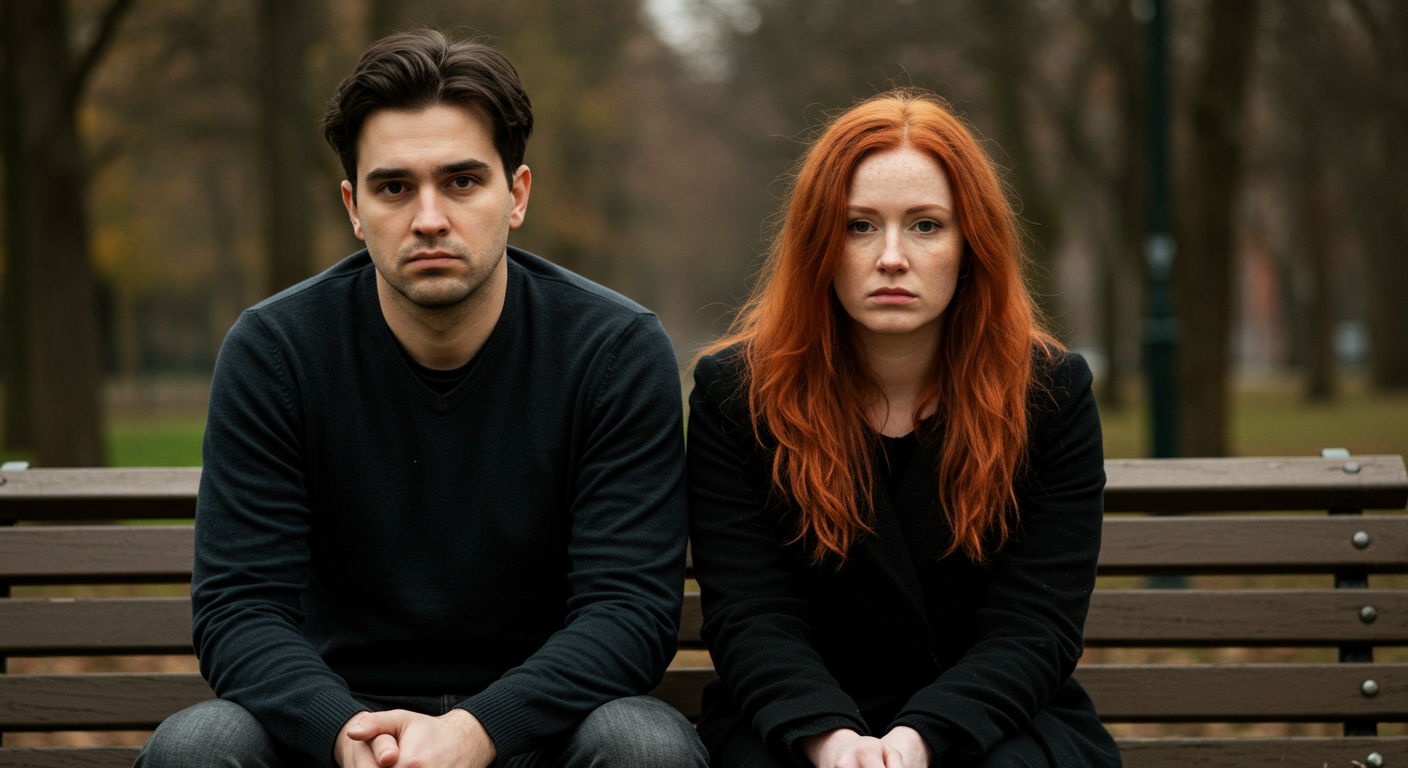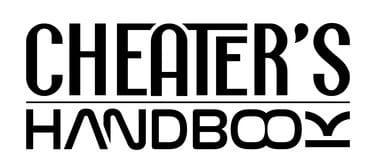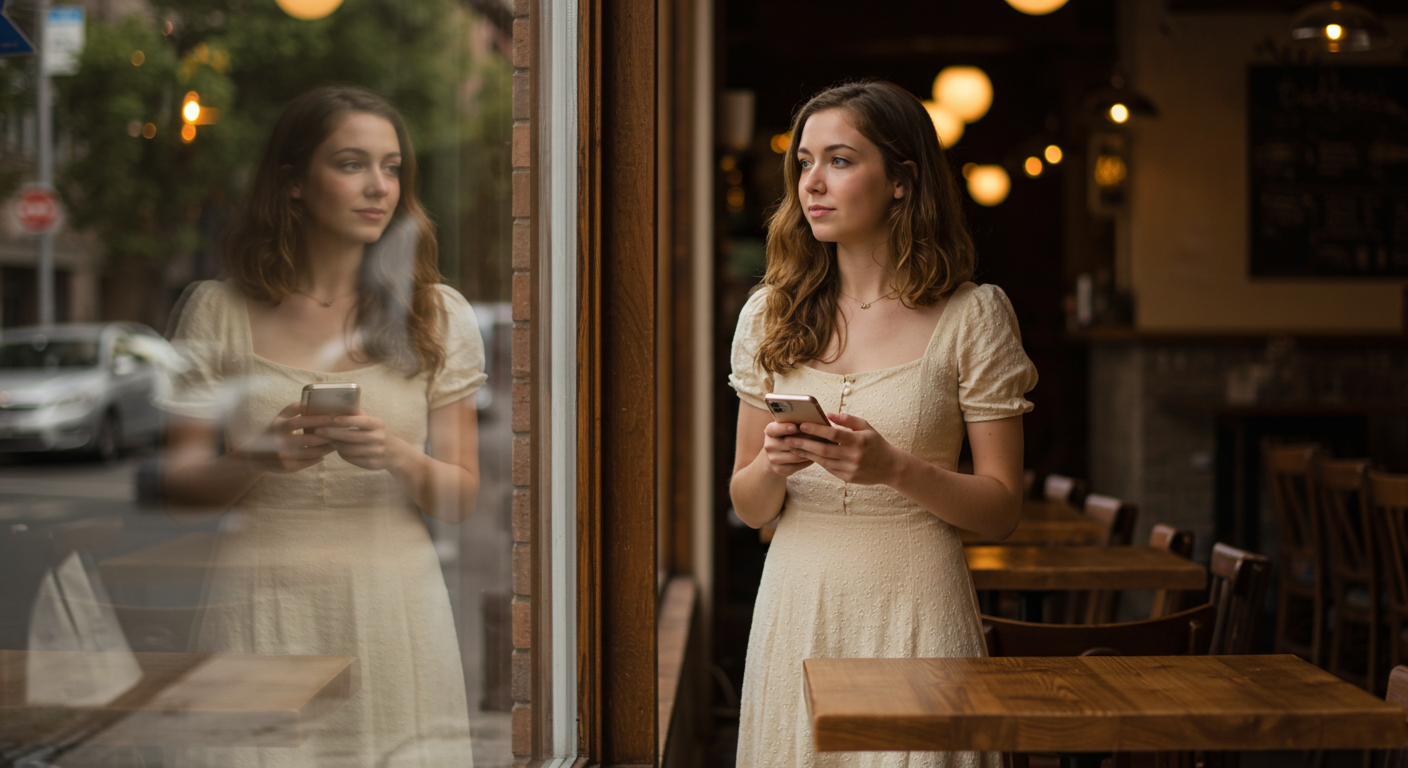Dating Without Romance: How We Ended Up Managing Love Like Logistics

Romance used to live in the unplanned. A glance across the bar. A message that made your stomach flip. That rare moment when someone said exactly what you didn’t know you needed to hear. Those moments felt alive. Unstable, sure—but intoxicating.
Now, dating is organized. Structured. Predictable to the point of flatness. You match with someone, exchange surface-level texts, then negotiate the logistics of a potential meet-up. Time, place, expectations. It’s all discussed in the tone of a professional meeting invite. No tension. No excitement. No mystery.
We’ve traded magic for manageability. People are burned out, time-starved, emotionally cautious. So instead of chasing love, we pencil it in. We optimize it. We treat it like a side project. And when sparks don’t fly, we don’t question the structure—we just assume we need better compatibility. Or a new dating app.
But compatibility doesn’t create chemistry. You can plan the perfect night, with the right drinks and great conversation, and still walk away feeling absolutely nothing. Not because something went wrong—but because nothing dared to go right.
Dating without romance is efficient. It’s clean. But it forgets that love was never meant to be safe. It was meant to shake us. And right now, we’re not even open to a tremor.
Everything Is Safe—So Nothing Feels Real
You can’t get hurt if you don’t get involved. That seems to be the unofficial rule of modern dating. Keep it light. Keep it vague. Smile, nod, and exit before anything real starts to form. It’s not disinterest—it’s defense.
The culture has shifted. We’re told to protect our peace, hold boundaries, and stay detached until someone proves they’re worth our emotional labor. But there’s a line between self-preservation and self-isolation. And many of us crossed it without realizing.
Now, we date like diplomats—measured, polite, and emotionally withheld. You meet someone, share a few thoughts, then retreat before any weight settles in the space between you. And we call it “mature.” We call it “healthy.” But often, it’s just sterile.
Romance isn’t sterile. It’s messy. It rushes in uninvited. It asks awkward questions and says the wrong things. It texts when it shouldn’t and admits feelings too early. But it also creates unforgettable moments—the kind that leave you breathless, not bored.
By trying to avoid discomfort, we’ve started avoiding experience altogether. And so, modern dating becomes an echo chamber of polite detachment—where no one wants to be the first to care, and no one ever gets the chance to be truly seen.
Effort Is Now a Red Flag
If you compliment too directly, you’re too eager. If you follow up too soon, you’re too clingy. If you’re excited to see someone again, you must be love-bombing them. Effort has been rebranded as a risk, and withholding is the new standard.
We laugh about it online.
“He said good morning every day for a week—ick!”
But under that humor is something sad: we’ve trained ourselves to be suspicious of sincerity. Romance used to be expressed through gestures. Now, it’s diluted through caution.
This isn’t just dating fatigue—it’s defense masquerading as detachment. We act uninterested to avoid being rejected. We pretend to care less so we won’t lose more. And we expect others to read our minds, because asking for what we want feels too exposed.
But nothing grows in that kind of emotional drought. Relationships can’t be built on “cool” alone. They need awkwardness, vulnerability, visible want. When everyone’s too afraid to try, nothing ever takes root. All we do is circle each other, hoping to feel something real through a wall of irony and indifference.
Romance requires visibility. And right now, we’re all too busy hiding.
Closeness Isn’t Connection
You might spend hours texting. You might even meet a few times. On paper, it looks like something’s happening. But deep down, you know it isn’t.
Dating without romance often feels like an optical illusion. There’s interaction, even intimacy—but no connection. You share playlists, exchange memes, talk about your week. But no one’s asking how you feel when you’re alone. No one’s trying to understand the story behind your silence. You’re both present—but not invested.
This is emotional convenience. You’re not dating someone because you’re inspired—you’re dating them because it’s easy. Because they text back. Because they don’t annoy you. Because they’re available on Thursdays.
But love doesn’t bloom from availability alone. It needs intentionality. It needs friction, risk, desire. It needs someone to actually want you—not just include you.
We’re so used to keeping things light that the moment they start to get meaningful, we panic. We back away. We ghost. We retreat into the comfort of casualness. And we tell ourselves it just wasn’t the right fit—when in truth, we never really showed up to find out.
We Made Dating Convenient—and Lost the Romance
We have more access to people than ever before. More ways to connect. More ways to express ourselves. And yet, the emotional distance between us has never felt wider.
We thought convenience would make dating better. Easier. Less painful. And in some ways, it did. But it also took the edge off of everything else. It made dating quieter. Safer. Blander.
Romance is not built for efficiency. It’s not meant to be optimized. It doesn’t appear because the timing’s perfect or the compatibility is high. It shows up when you least expect it—usually when you stop trying to be so damn composed.
Dating without romance might be easier to manage. But it’s also emptier. Less vivid. It’s the difference between watching a sunset on your phone and watching one in person. The image is there—but the experience isn’t.
We didn’t set out to kill romance. We just wanted to protect ourselves. But if we’re not willing to be vulnerable, to be moved, to be a little bit foolish—then what are we really doing? Matching. Messaging. Managing. But never, truly, falling in love.
Emotionally Exhausted, But Still Looking
Even in this low-effort, low-risk dating landscape, people are still showing up. Swiping. Matching. Making small talk. Asking how your weekend was like it’s the world’s most important question. But beneath the surface, something’s off. There’s a quiet fatigue that no one wants to name.
It’s not just dating burnout. It’s emotional depletion. Because even when things are “casual,” they still take something out of you. You’re showing up half-hearted, but still hoping for full-hearted results. You’re putting in time and energy, but the returns are thin and unsatisfying.
Dating without romance is draining because it teases you with the idea of closeness, but never actually gives you the real thing. You think you’re building something, only to realize weeks later that it was all motion, no momentum. And after a few of those cycles, even starting something new feels exhausting.
This fatigue changes the way we approach people. We become more selective, not just in who we date—but in how much of ourselves we reveal. We ration our energy, withhold our excitement, and pre-empt disappointment. Eventually, we’re not even dating with curiosity anymore. We’re dating with dread.
Romance used to be something that lifted us. Now, for many, it feels like something to survive.
Performing Connection Instead of Feeling It
Modern dating is full of gestures that look like romance but aren’t. Texting “good morning” doesn’t mean someone’s thinking of you. Sending a fire emoji doesn’t mean they want to know your story. Posting a picture together doesn’t mean you’re emotionally bonded.
We’ve become experts at simulating connection. We mirror each other’s tone. We joke about our trauma in a charming way. We drop vulnerable hints without ever going deep. It all feels like intimacy—but it’s hollow. Safe. Surface-level.
It’s easy to fall into the performance, especially when you don’t want to come on too strong. You act like you’re open, but you’re carefully curating every response. You ask questions, but only the ones you know are socially acceptable. You show just enough personality to be liked, but not enough to risk rejection.
That kind of dating doesn’t lead to real love. It leads to relationships that feel like emotionally distant co-working spaces—you collaborate, communicate, even support each other—but there’s no soul in it. No wonder people start longing for drama or chaos. At least that feels like something.
Romance doesn’t thrive in performance. It needs presence. It needs one person to stop acting and actually be there, fully, flaws and all. But when everyone’s caught up in how they appear, no one ever gets the chance to be known.
Loneliness Disguised as Freedom
On paper, today’s dating landscape is full of freedom. You can date whoever you want, whenever you want. No pressure. No labels. No timelines. Everything is casual, open-ended, and “just seeing where it goes.”
And yet—so many people feel lonelier than ever.
Because freedom without intimacy doesn’t feel empowering. It feels isolating. When no one makes you feel chosen, it starts to wear on you. When everyone is keeping things light, you begin to wonder if wanting depth makes you needy. And when every interaction ends with “take care” instead of “I can’t wait to see you again,” it’s hard not to question your own worth.
Dating without romance creates a kind of emotional limbo. You’re not alone—but you’re not connected. You’re in constant motion—but going nowhere. You’re surrounded by people who are technically available, but emotionally absent.
This version of freedom starts to look a lot like avoidance. A lot like fear dressed in empowerment’s clothing. And the longer you stay in it, the harder it becomes to believe that real connection is even possible. You start to settle for digital flings and lukewarm attention because it feels safer than asking for more and being met with less.
Romance, for all its mess and risk, was never the problem. It was the point.
The Way Back from Dating Without Romance
So how do we undo all this? How do we make space for romance again in a culture that treats dating like a customer service experience?
We start by doing what most people are scared to do: care out loud.
That means saying what you want—even if it makes you feel exposed. Asking questions that go beyond “what do you do?” Letting someone know when you’re excited to see them again. Trying, even when effort isn’t matched right away. Being a little cringe. A little hopeful. A little too much.
Romance begins when someone decides to be brave.
It’s not about grand gestures or cinematic moments. It’s about sincerity. Attention. Risk. It’s about saying “this matters to me,” before you’re sure the other person feels the same. That’s the emotional honesty that makes romance possible. And ironically, it’s the one thing that’s missing from most dating dynamics right now.
You don’t need to chase magic—but you do have to be open to it. You have to stop filtering your affection through strategy and start expressing it from instinct. Not because it’s safe, but because it’s real.
Dating without romance might be easier. But dating with romance—that’s where the meaning is.
My Go-To Platform for Flings, Affairs, and MILFs
Looking for top-notch flings, affairs, or MILFs? Skip the rest, AdultFriendFinder is the gold standard. Zero bots, zero fakes—just real connections. I've scored big in multiple cities. Sign up now, it's FREE!









